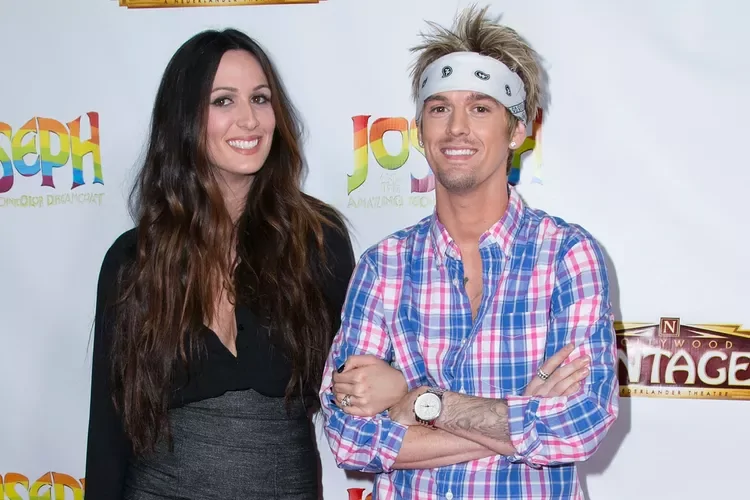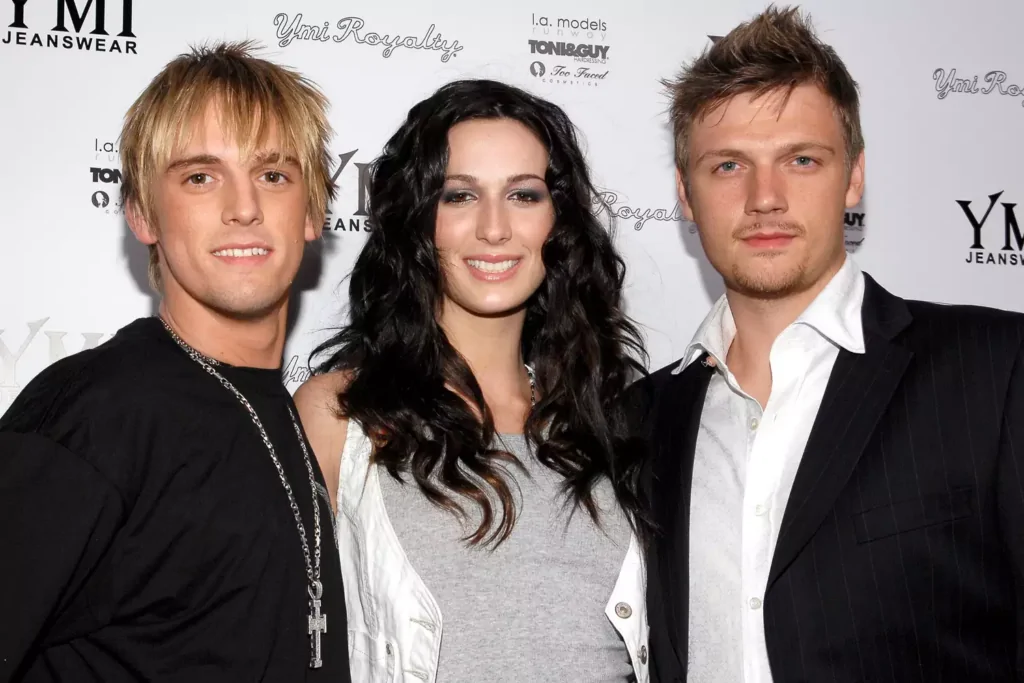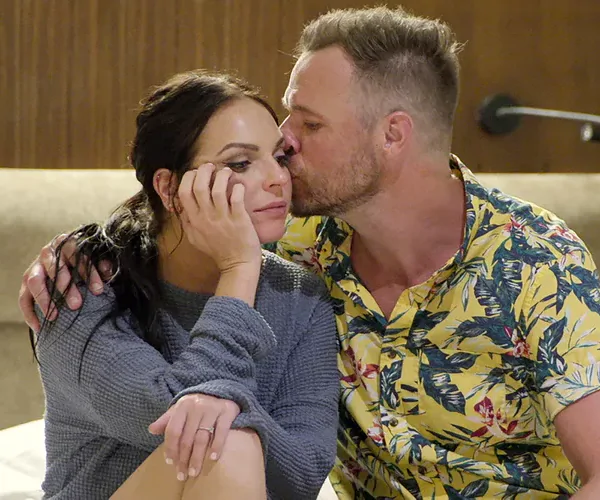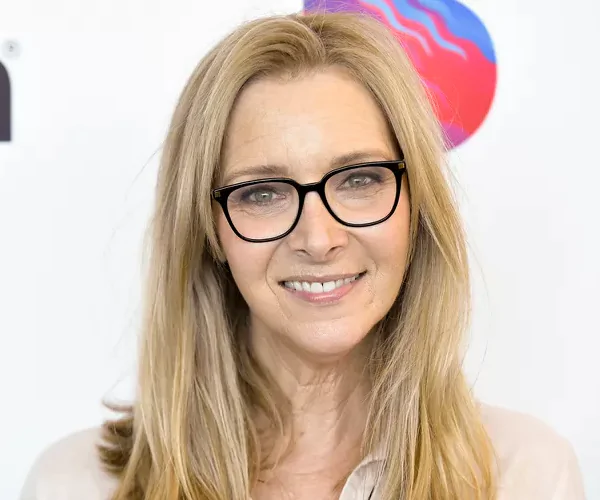
Since she is all too familiar with the stigma associated with addressing addiction and mental illness, Angel Carter is using her platform to help end it.
In recognition of May being Mental Health Awareness Month, the 35-year-old opened up to PEOPLE about her family’s “painful” past and how her twin brother Aaron Carter’s sudden death, who had long battled addiction and mental health issues, motivated her to support the children’s mental health organization On Our Sleeves.
After Aaron passed away, Angel organized the Songs For Tomorrow Benefit Concert in January, with all proceeds going to On Our Sleeves, forging a bond with the organization that has since grown dear to her heart. She claims that young children are where it all begins. Making a secure environment for your children is the first step. “.
After Aaron’s death, she says, “a fire went inside of me to want to continue the conversation about mental health and to break the stigma that surrounds it.”. As a result, we organized the Songs For Tomorrow Benefit Concert, which is how I first got acquainted with them. ”.
According to Angel, “They offer parents and caregivers with free professional resources for parents who are struggling or may not know how to address a mental health issue that their child is having.”. We will soon be releasing our teacher kits, which will give students in the classroom a monthly lesson on mental health. Additionally, we have a program called Bloom that provides parents and caregivers in the workforce with tools to address mental health and, once more, start wholesome conversations.
Creating conversation in the home is the key.
”.

She wants to advocate for children’s mental health because she experienced “all of the chaos around me” growing up. She notes that both sides of her family had addiction problems and that her parents came from “troubled homes,” which she believes contributed to the mental health issues she and her siblings experienced at a young age.
She claims that her family has a genetic component. “Unfortunately, I believe that the cycles of what they experienced growing up were repeated by my parents. The fact that these emotions are suppressed is a problem of generational dysfunction. ” .
It was “painful,” according to Angel, who also lost her sister Leslie Carter to addiction, to see her family go through difficulties. She also acknowledges that “we all needed intense therapy.”. ” .
She continues, “The only person who went to therapy was me. And since I was 18 years old, I have consistently attended therapy once a week. It’s crucial, in my opinion, that people realize that asking for assistance is acceptable.
Asking for assistance is acceptable.
”.
Angel recalls her brother Aaron in particular going through a difficult time while their family was also “struggling internally with addiction, with mental illness, with trauma within the home, a lot of trauma.” This was during a time when their family was in the public eye. ”.
Tragically, Aaron believed he was incapable of seeking assistance for his mental health problems. It’s crucial, according to Angel, that people realize it’s acceptable to ask for assistance. “.
“That’s where On Our Sleeves really shines, and it’s also why looking after the mental health of kids is so crucial. Children are where it all really begins, says Angel. We refer to it as early intervention rather than prevention. And the reason is that healthy conversations must be fostered in the home starting with the baby. Making that space for your kids starts at birth. ”.
With the help of her 4-year-old daughter Harper, Angel hopes to end this “generational dysfunction” and end the stigma associated with mental health struggles, which she describes as a “huge issue.”.
“I’m now a mother. I have a responsibility as a mother to break the dysfunctional cycle, she adds. And that’s what I’m concentrating on, giving my child a pure and innocent childhood because Aaron didn’t have one. Aaron was a young person performing adult-level work in an adult-oriented industry. And I recall that he simply yearned to return home. He didn’t want to go on tour. He didn’t want to put in such long hours. He desired to be with his pals. Additionally, I believe that Aaron lost his childhood, just like many other child celebrities. ”.
Children’s mental health requires champions, Angel tells PEOPLE. “We need to make that clear, and it is our responsibility as individuals, as a society, and as parents and caregivers to watch out for our kids. ”.
“I believe this is exactly what Aaron would have been doing with his life,” she claims.
“If Aaron had the life that I had, where he didn’t suffer from addiction and his mental health had been managed.”.
“Supporting others.
“.
As a result, in the midst of a terrible loss, that has taken center stage. “Grief comes and goes,” she observes. I try to find solace in the knowledge that my brother is now pain-free and in a better place. “.

